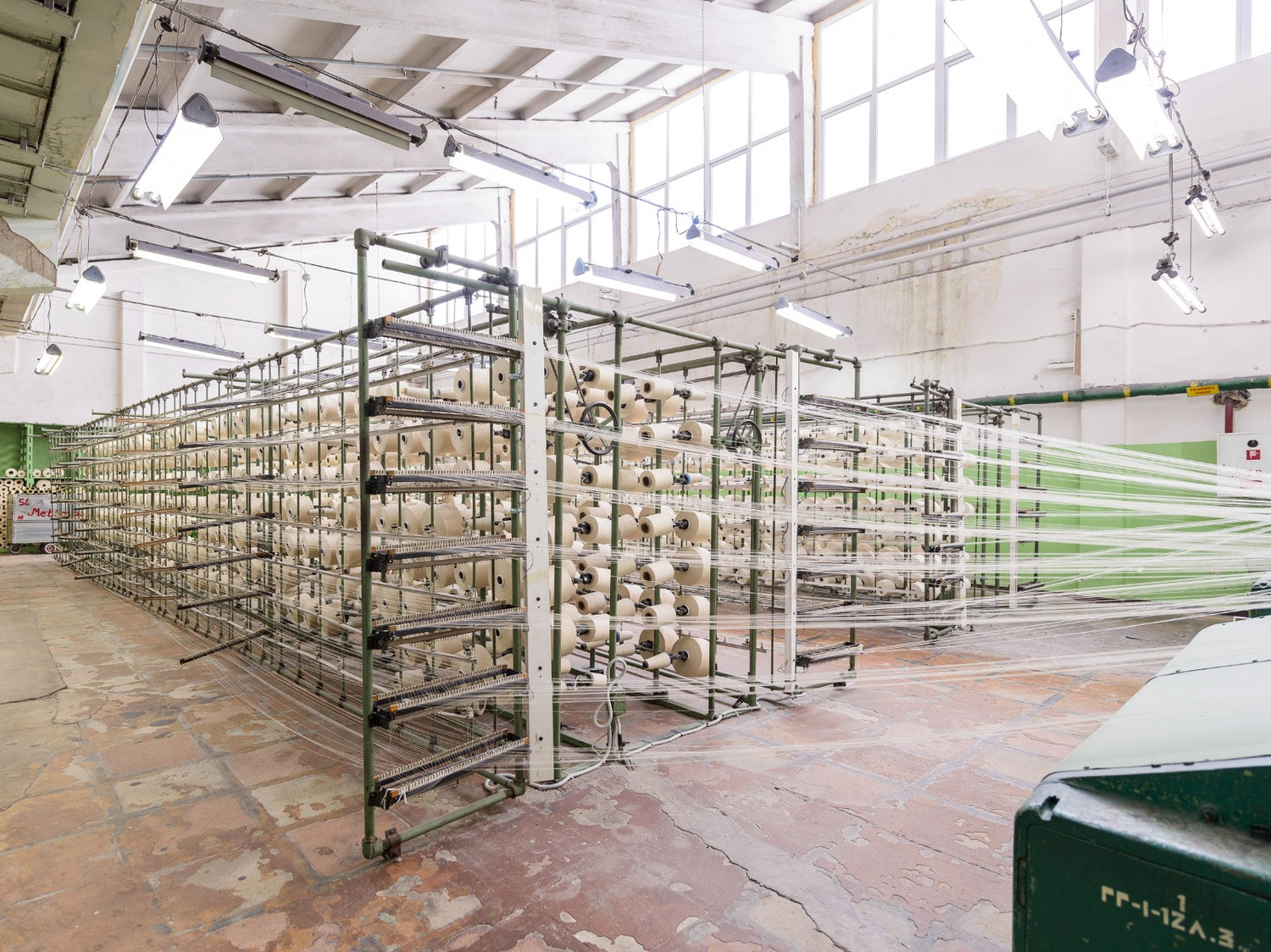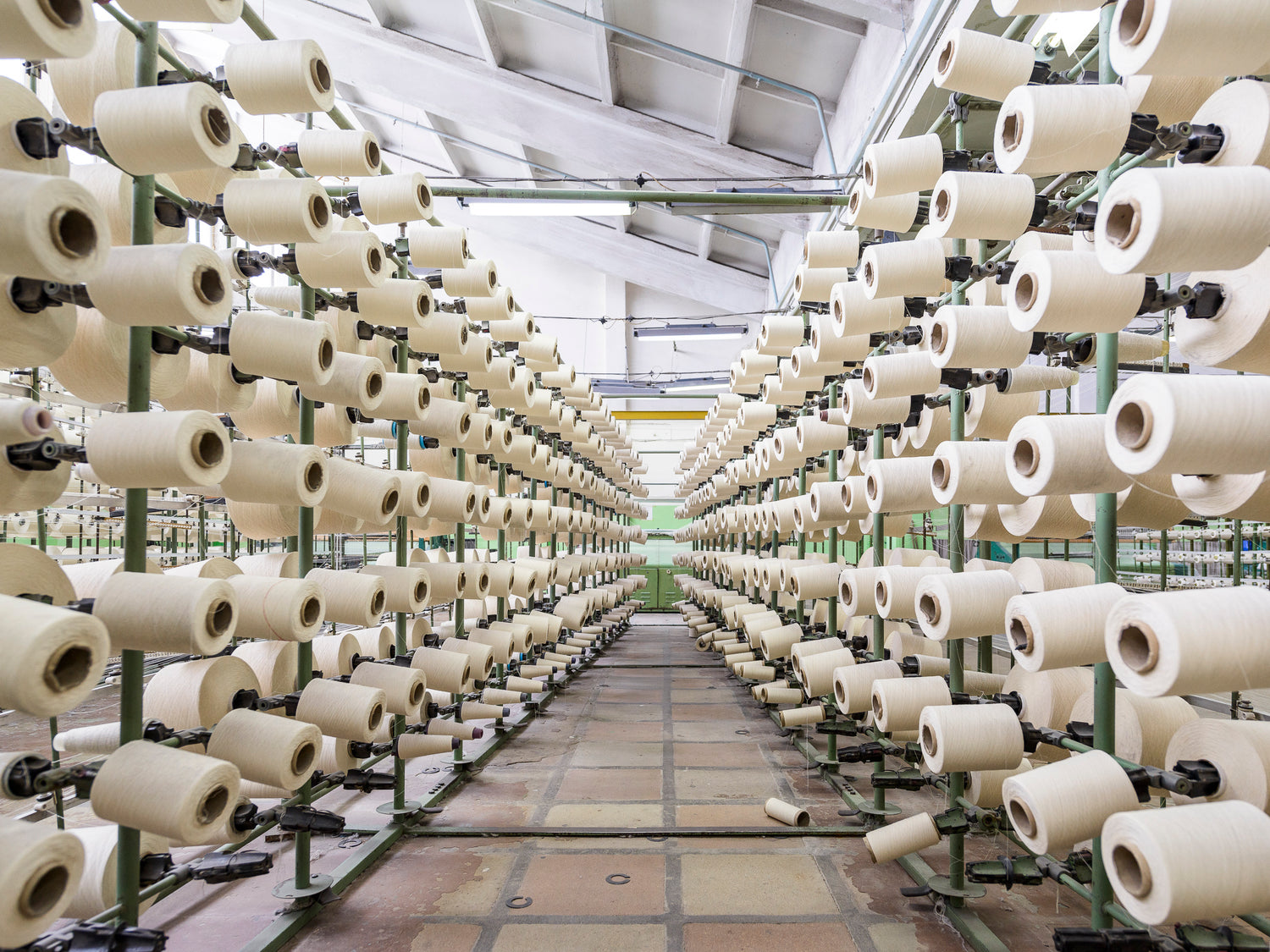
Materials & Sustainability at Archetype
We prioritize responsible material choices, thoughtful design, and mindful craftsmanship to ensure our garments have a long, meaningful life while minimizing environmental impact.
Natural, Plastic-Free Materials
We exclusively use biodegradle fibers from natural sources such as linen, wool, cotton and lyocell. Our commitment to plastic-free textiles ensures that our garments are biodegradable, repairable, and free from synthetic microplastics. By choosing materials that decompose naturally at the end of their lifecycle, we reduce waste and create garments that are both comfortable and environmentally responsible.
A Low-Impact Approach to Linen
We love incorporating linen into our collection, as it is one of the most sustainable natural fibers. Linen is derived from the flax plant, which requires significantly less water and pesticides than cotton and thrives in poor soil without the need for intensive farming. Every part of the flax plant can be used, leaving no waste, and the fabric itself is biodegradable.
Most of our linen comes from Lithuania, a country with a rich heritage of linen craftsmanship. We work with a factory that prioritizes sustainability, using renewable energy, recycling leftover fabric cuttings back into production, and filtering water for reuse.
Incorporating Recycled Materials into Our Collections
To further minimize waste, we integrate high-quality deadstock fabrics from European weaving houses and the LVMH Group, giving new life to unused resources that would otherwise go to waste. Whenever possible, we incorporate recycled materials that meet our quality and durability standards, helping to close the loop on textile production and reduce reliance on virgin resources.

Mindful Craftsmanship & Ethical Manufacturing
We take a thoughtful, intentional approach to every stage of production—reducing waste, using resources efficiently, and crafting pieces that seamlessly fit into daily life.
Responsible manufacturing
We proudly partner with a family-run manufacturer in Estonia that handles the cutting and sewing of our garments. With extensive experience in producing durable workwear and uniforms, their expertise ensures precision and quality. Committed to ethical practices, they pay their staff above the minimum wage and uphold fair working conditions.
Wear, Care and Repair
We encourage a culture of mindful consumption—where garments are worn, maintained with care, and repaired when needed. This approach ensures that each piece remains relevant, resisting the cycle of fast fashion.
Finally, Archetype is based on learning and openness. Our goal is to stay mindful, to learn and to do better. We get excited about new ecological material innovations as well as artisanal small scale productions. We look forward to exploring these opportunities and integrating them into our journey.